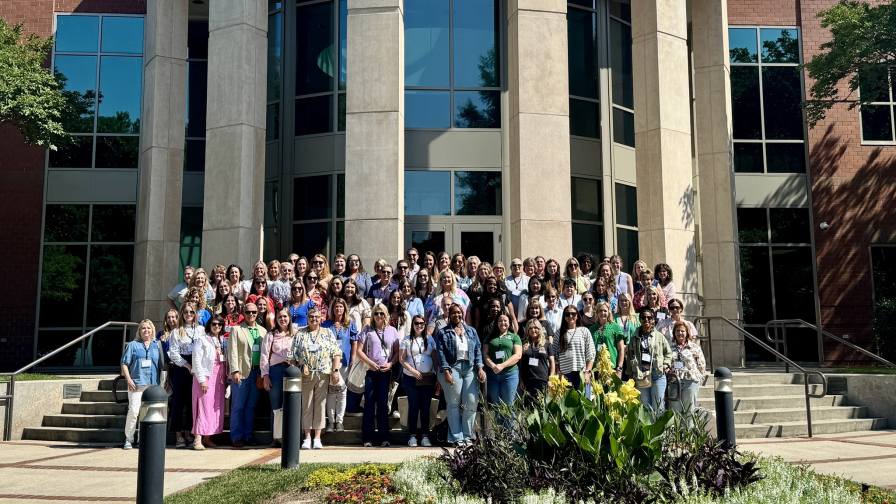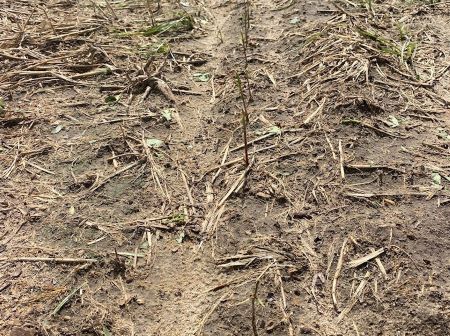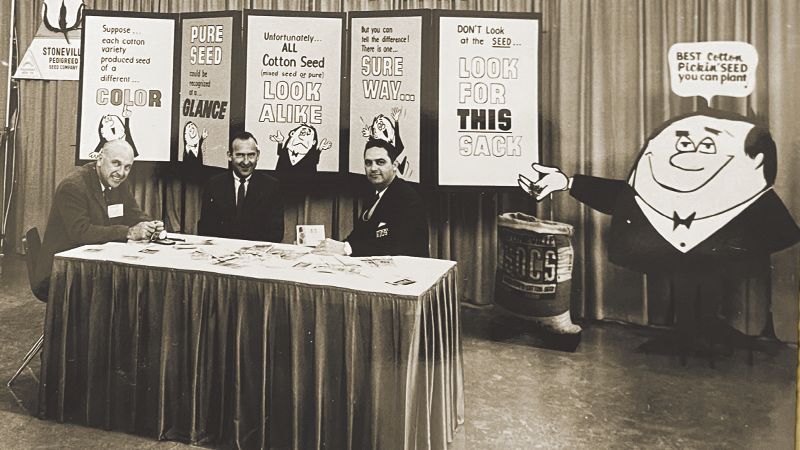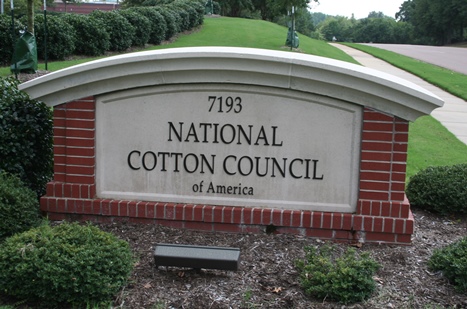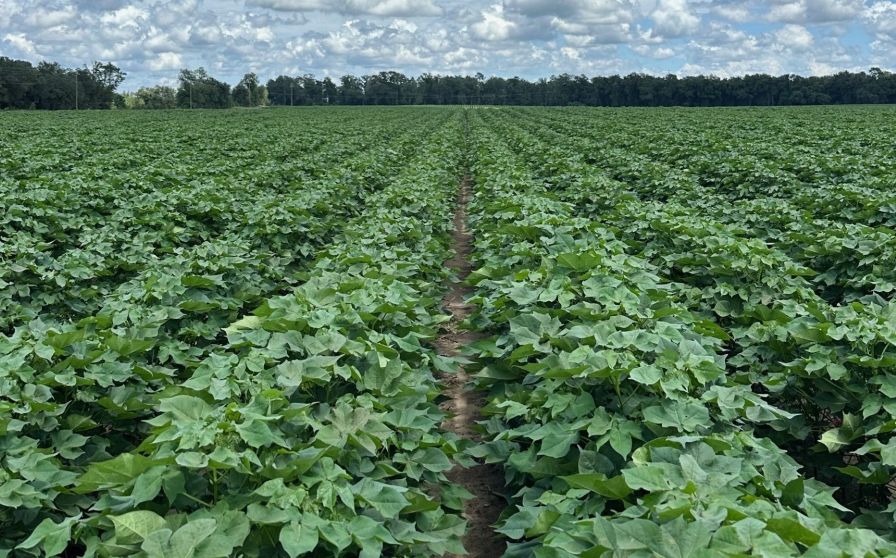Lubbock Hosts the ICAC: Town and Country
The global cotton community will descend on Lubbock, TX, September 20-25 for the International Cotton Advisory Committee’s 69th Annual Plenary Meeting. For those six days, Lubbock’s Overton Hotel and Convention Center will be the focus of the world’s cotton industry.
But for many of the cotton producers and ginners on the surrounding High Plains, the meeting will be a non-factor. If all goes well, most will be busy harvesting at that time, and the perception is that the topics up for discussion at the meeting are far removed from any of the issues locals face while producing cotton in West Texas. And it’s not lost on local growers that many of the attendees at the ICAC Meeting are not exactly friends of U.S. cotton in the arena of global trade.
Of course, industry leaders in West Texas are aware of all of these issues, too. And they are the very reason that people like Roger Haldenby of Plains Cotton Growers worked to bring the meeting to Lubbock.
At least symbolically, Lubbock is the new capitol of U.S. cotton. Over half of the cotton produced in the United States comes from Texas alone. With major research and production facilities located within the city limits to go along with those millions of sprawling cotton acres surrounding it, Lubbock is the undisputed center of the Cotton Belt. The fact that ICAC agreed to hold the meeting there says a good deal about the need to reconcile trade differences between the U.S. and other parts of the world, according to Haldenby.
“I wouldn’t describe it as an ‘olive branch,’ but we’re certainly opening our doors and our hearts and letting folks from around the globe come to the biggest cotton patch in the world and hold this weeklong meeting,” Haldenby says.
“During the meeting and at the conclusion of the meeting, they’ll have an opportunity to see how we grow cotton in this part of the world, and the technical side of it. They’ll see the seeds we plant, the way we cultivate and grow cotton. We’ll be in the middle of harvest at that time, and we can show them our ginning operations, marketing operations and warehousing operations. I’m hoping that will impress them.”
Haldenby isn’t the only Lubbock native who is well aware that the dates of the meeting are conducive to impressing international visitors. Late September is harvest season in Lubbock, with its high concentration of production agriculture.
“Hopefully, we’ll be awash in cotton at the time of the conference, and people will see that this is the biggest cotton patch in the world,” says Plains Cotton Cooperative Association (PCCA) President and CEO Wally Darneille. Through the multi-state area that it represents, PCCA will market roughly 30% of all the cotton produced in the United States this year from its headquarters in Lubbock.
“What I think it will do is focus the world’s attention on Texas, Oklahoma, and Kansas as important suppliers of top-quality cotton to world markets,” says Darneille.
As it so happens, Lubbock was not the first choice to host this year’s ICAC Meeting. Originally scheduled to be held in Uzbekistan, ICAC Executive Director Terry Townsend was left scrambling for a replacement host site when things fell through.
“We wanted to be able to help Terry Townsend, but we were in the position of figuring out how we do that without upsetting farmers from West Texas, Texas and the rest of the United States,” Haldenby says. The recent trade disputes with Brazil were fresh on everyone’s minds when leaders in Lubbock considered the idea of bringing the meeting to the High Plains. “We figured that we ought to really be more magnanimous and put to rest some of the bad feelings about world trade organizations and things like that. So we just bit the bullet and put together an organizing committee to host the conference here.
“We came up with the title of ‘Cotton Industry Growth Through Global Unity.’”
Local Scope, Global Scope
Setting an agenda for the meeting was also a challenge for Haldenby, Townsend and other event organizers. A special focus was made to highlight some of the shared challenges that are faced by growers in West Texas and other parts of the world. Issues such as sustainability, resource management and world trade disputes will all be addressed in Lubbock.
“Something that is of worldwide interest is water-use efficiency,” Haldenby says. “When you have a country which is probably similar to West Texas and semi-arid desert, water use efficiency is something that others can learn from us and we can learn from others as well.”
Dr. Kater Hake of Cotton Incorporated will be the chair on a panel discussion about resource management and water-use efficiency at the meeting. He too recognizes that many of the topics addressed at ICAC will be tailored for both the international community as well as the High Plains.
“Water availability is the 800-pound gorilla in the corner in regards to cotton in West Texas,” says Hake.
“But the writing is still on the wall with regards to groundwater extraction in West Texas, and questions remain about the long-term future of water supply. Even in a wet year like this, growers are very concerned about their future ability to access the water that’s underneath their land,” he says.
Generally speaking, the majority of the meeting will not focus on production issues, but rather on economic issues facing the global industry. Still, by highlighting those meeting topics of mutual interest, ICAC meeting organizers hope to illustrate the need for increased industry unity both domestically and internationally.
“We live and we work and we grow cotton in a global community. And we feel perfectly justified in doing the right thing for the country by producing cotton, especially right here in the biggest cotton patch in the world,” Haldenby says.




